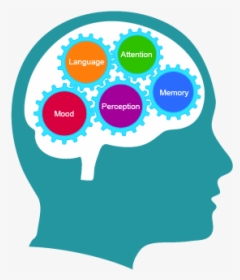Cognition and Learning
Within the SEND code of practice, cognition and learning is defined as follows:
Paragraph 6.30
‘Support for learning difficulties may be required when children and young people learn at a slower pace than their peers, even with appropriate differentiation. Learning difficulties cover a wide range of needs, including moderate learning difficulties (MLD), severe learning difficulties (SLD),where children are likely to need support in all areas of the curriculum and associated difficulties with mobility and communication, through to profound and multiple learning difficulties (PMLD), where children are likely to have severe and complex learning difficulties as well as a physical disability or sensory impairment.’
Paragraph 6.31
‘Specific learning difficulties (SpLD) affect one or more specific aspects of learning. This encompasses a range of conditions such as dyslexia, dyscalculia and dyspraxia.’
Cognition and learning needs may encompass most of the curriculum, such as for pupils with MLD (moderate learning difficulties) or SLD (severe learning difficulties). However, cognition and learning needs may only impact on specific areas such as reading, writing, spelling and mental calculations. Cognition and learning needs generally account for difficulties in curriculum-related areas such as:
- reading, writing and spelling
- numerosity
- comprehension
- processing difficulties such as sequencing, inference, coherence and elaboration
- working memory
- short term verbal memory
- other types of executive function difficulties
Useful Websites include:

Dyslexia:
https://www.bdadyslexia.org.uk/dyslexia
www.thedyslexia-spldtrust.org.uk
Dyspraxia
https://dyspraxiafoundation.org.uk/
Memory Games for Kids
https://childhood101.com/short-term-memory-games/
https://www.agame.com/games/memo
